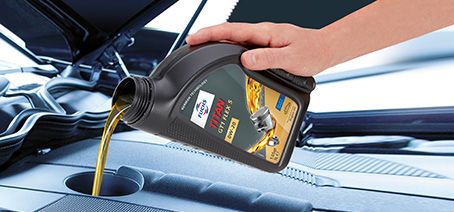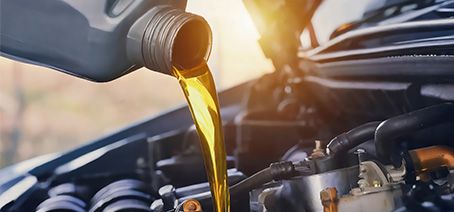FUCHS Blog
Discover more about the lubrication industry.
Your guide through the sustainability jungle
Sustainability is an important but very complex area. So how can you deal with the issue and everything it entails in a practical way? Here are a few tips based around three areas – purchasing, use of lubricants, and waste – which will help you find your way through the sustainability jungle.
Purchasing – limit and phase out
Even at the purchasing stage there are a few rules of thumb you can follow. The first is about buying the right products. There are countless products available today that have less of an environmental impact, and the first tip is to let your supplier help you find the right ones. This matter is particularly important if the products are used in sensitive areas, such as outdoors where a leak or spill could be devastating if the oil is non-biodegradable. What’s more, products that are harmful to health and the environment also affect your working environment – yet another reason to start using more sustainable alternatives.
Another rule of thumb is to limit the number of products purchased. This means fewer products to handle, which will make your sustainability work simpler. Finally, use local suppliers so that the products do not require long-distance transport to your location.
Use of lubricants – think service life
When it comes to actually using lubricants, sustainability is essentially the same thing as service life. Therefore, try to choose products that can be used for as long as possible. Such quality products may also encompass more applications, which means you can reduce the range of lubricants you use. Focus on long-life quality products and you will enjoy fewer oil changes and less handling, and you’ll also save energy. And speaking of service life, it’s still vital to keep an eye on your equipment, for example with inspection rounds, lubrication schedules, and regular oil analyses to ensure the products are doing their job effectively throughout their useful life.
A recent example taken from an industrial company that uses around 50 metric tonnes of lubricants per year has shown that using lubricants more efficiently could save energy costs in excess of £18,000 a year. Moreover, smarter handling could also reduce carbon dioxide emissions by 43 tonnes.
Waste – reduce volumes
When it comes to waste, the most important tip is to reduce volumes, for instance by investing in quality products that don’t need to be changed so often. Another key area is to choose the right suppliers, who can take care of the waste in a safe, environmentally friendly way. Also, don’t forget that separating your waste at source is often a profitable idea. It might be possible to sell waste oil, or at least avoid having to pay a cost for disposal. Here too, good handling means good news for the environment, and potentially for your finances.










